ADHD Therapy in San Francisco
+ Online in California, Washington, & Colorado
If you or a loved one are navigating the complexities of ADHD, exploring psychotherapy as a treatment option may be the first step towards a brighter future.
Attention Deficit Hyperactivity Disorder (ADHD) is a neurodevelopmental condition that affects individuals of all ages, impacting their ability to focus, control impulses, and/or manage hyperactivity.
While the specific causes of ADHD remain complex and multifaceted, it is widely recognized as a neurological difference in the brain's executive functions.
I help teens and adults who have or may have ADHD learn about their unique ADHD "style," improve areas where they feel stymied, and improve their self-confidence.
ADHD can present as:
Inattention may lead to forgetfulness, difficulty organizing and initiating tasks, and trouble staying on track.
Hyperactivity can manifest as restlessness, excessive talking, or an inability to stay seated.
Hyperactivity can lead to poor decision-making, interrupting others, and a lack of presence.
ADHD can significantly impact academic and work performance, important relationships, social interactions, self-esteem, and overall well-being.
Section Styles full-width
Some of the ways in which I help clients with ADHD therapy in San Francisco and beyond include:
Skill Development: ADHD therapy helps individuals develop essential skills, such as time management, organizational strategies, and problem-solving techniques, enabling them to better manage their daily tasks and responsibilities.
Behavioral Techniques: these interventions can help reduce impulsive behaviors and reinforce positive actions, fostering healthier habits and responses to challenging situations.
Cognitive-Behavioral Therapy (CBT): CBT can help individuals identify negative thought patterns and replace them with more constructive and adaptive ways of thinking, leading to improved emotional regulation and focus.
Section Styles full-width
4. Coping Strategies: ADHD therapy equips individuals with coping strategies tailored to their specific needs, empowering them to navigate stress, anxiety, and frustration more effectively.
5. Improving Self-Esteem: Through counseling, individuals with ADHD can work on reducing shame and self-doubt, building self-confidence and embracing their unique strengths, helping them foster a positive self-image.
By providing tools for skill development, behavior modification, and emotional growth, psychotherapy empowers those affected by ADHD to lead more fulfilling and successful lives.
FAQ’S About ADHD Therapy
-
Determining if ADHD therapy will be helpful for you depends on a wide variety individual factors, including:
What you bring: Your symptoms, medical history, ADHD and/or other psychiatric diagnosis, medication, substance use, prior therapy experience, coping abilities, and your therapy goals.
Personal commitment: Success usually relies on your willingness to actively participate in therapy and implement recommended strategies in your daily life.
Trial and error: ADHD therapy may involve a trial period to observe how you respond to different interventions. Be open to trying various approaches to find what works best for you, and be patient.
Tracking progress: Monitor changes in your symptoms and daily functioning throughout therapy.
Open communication: Maintain open communication with your therapist about your experiences and any concerns you might have during the treatment process.
Remember, ADHD therapy is tailored to individual needs, and its effectiveness can vary. However, with the right professional guidance and your commitment, it can significantly improve your quality of life and ability to manage ADHD symptoms effectively.
-
I offer in-person therapy in Marin County, CA and online therapy through California and Colorado via secure video.
-
My approach to ADHD therapy depends on your goals and which “hats” we determine I need to “wear" in our work together, such as:
Screening, assessment and diagnosis: Lots of Q&A, a slight “medical” approach with screening tools, interviews, and assessment exercises. Possible referrals for more in-depth or alternative methods of assessment and/or medication evaluation.
Practical psychotherapy and Coaching: Working collaboratively but following professional structures and methods to help you determine where you need assistance, problem-solving, coaching, reframing, and other ways to build upon your strengths and lessen or remove a number of performance challenges to focus, motivation, follow-through, and overall productivity.
Supportive, healing, and personal growth psychotherapy: This is where we work together to uncover how ADHD has impacted your view of yourself, your self-esteem and confidence and led to possible other issues such as anxiety, depression, anger problems, and difficulties in relationships and work, school, and social activities.
Regardless of which “hats” I wear in my work with a client, I always demonstrate unconditional positive regard, empathy, non-judgmental stance, and a passion to help the individual heal, cope, make positive change, and grow with their ADHD.
-
I commonly work with two types of clients seeking treatment related to ADHD:
Individuals who have a prior diagnosis of ADHD and seek professional, experienced support with improving their focus, motivation, follow-through, and performance in multiple life roles; and/or they want to make positive changes from how ADHD has impacted their self-esteem and confidence and led to possible other issues such as anxiety, depression, anger problems, and difficulties in relationships and work, school, and social activities.
People who suspect they might have ADHD and would like assistance with screening, assessment, and diagnosis of possible ADHD.
I am trained and experienced in evidence-based methods to address the concerns of both types of clients—and those who want both services. However, occasionally someone’s assessment outcome is unclear or complicated by various other factors.
In this case, I will refer the client to a specially-trained psychiatrist or similar provider who has specialized equipment and advanced methods of assessing and diagnosing ADHD and other syndromes and disorders affecting executive functioning.
-
In total, just shy of 20 years. 11+ as a Licensed Clinical Psychologist and 8 as a trainee under the guidance and supervision of some of the wisest and most skilled psychologists in the county.
-
This is a common question. The answer is that the time will vary and depends on a number of factors including:
Willingness to engage in the process and actively participate in therapy and implement recommended strategies in your daily life.
Consistency of attendance.
Your symptoms, medical history, ADHD and/or other psychiatric diagnosis, medication, substance use, prior therapy experience, coping abilities, and your therapy goals.
Being open to experimenting with various approaches to find what works best for you, and being patient.
Tracking and monitoring changes in your symptoms and daily functioning throughout therapy and reporting back.
Open communication: Maintain open communication with your therapist about your experiences and any concerns you might have during the treatment process.
Beyond all of these factors, most clients start to see some positive change within a month or two, more noticeable improvement in multiple domains around 3-6 months, and stability in improvements in behavioral changes as well as emotional and psychological healing and growth in 6-12 months or more depending on those factors mentioned above and others.


